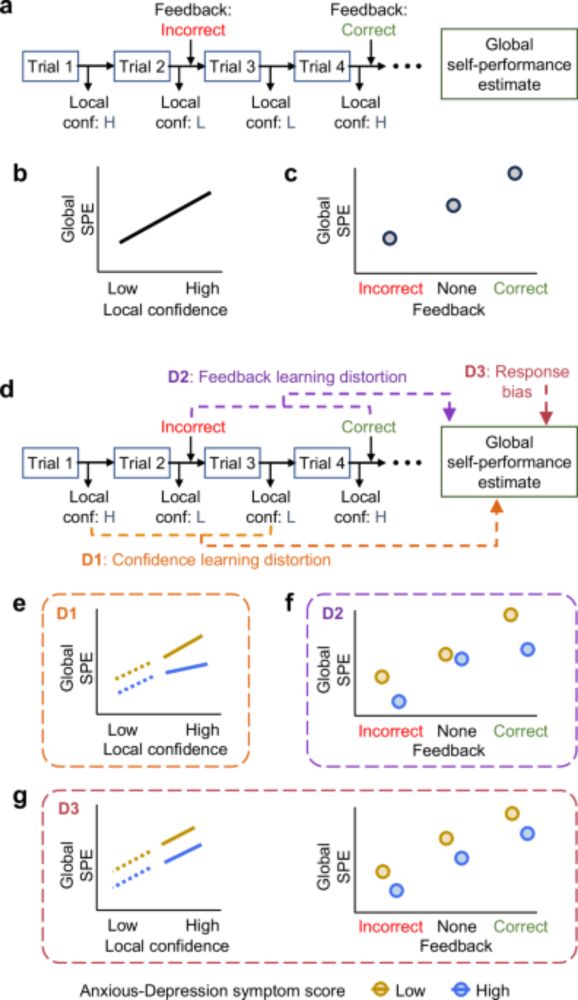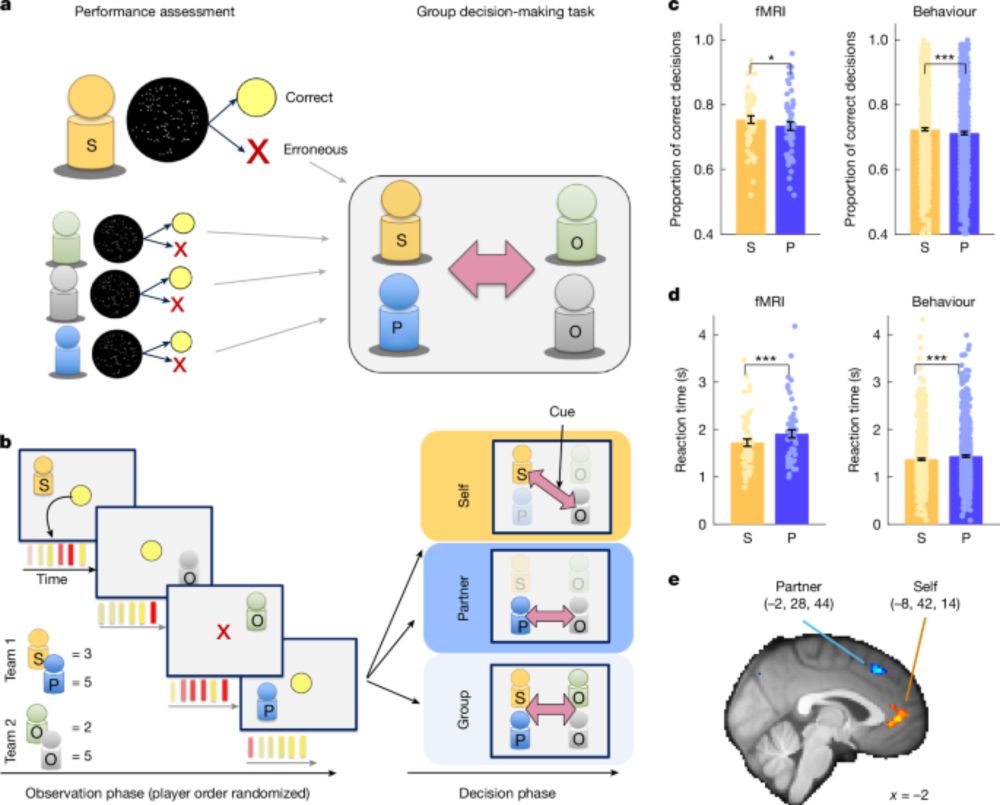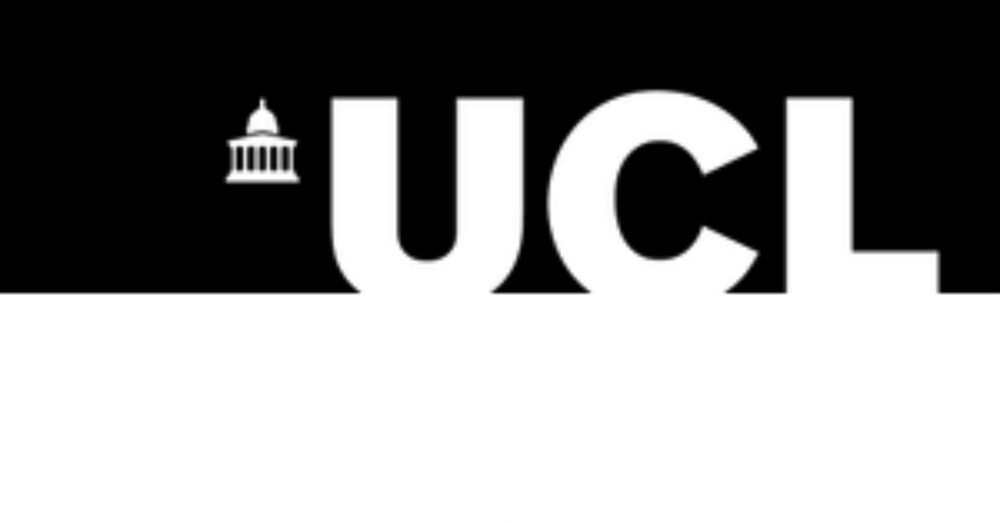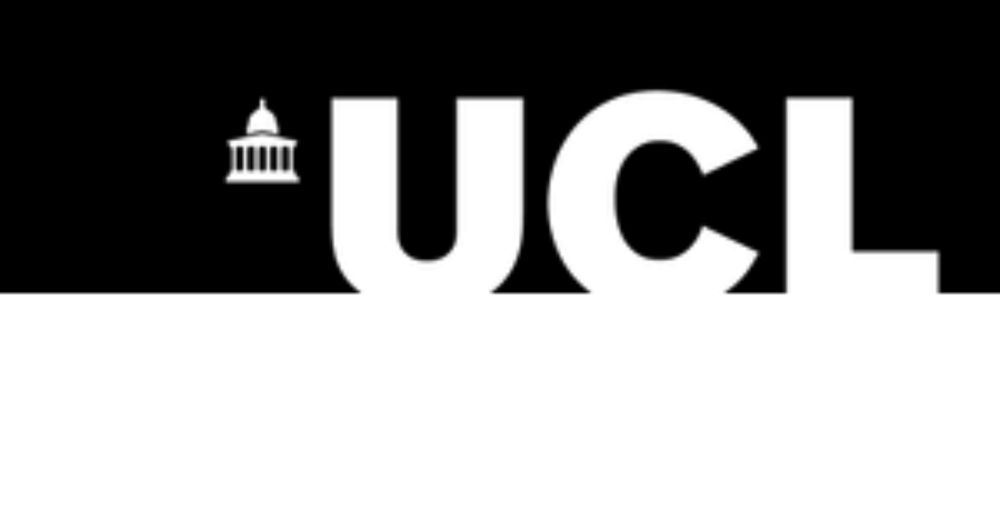Elliott Wimmer
@elliottwimmer.bsky.social
3.1K followers
380 following
29 posts
interested in how we learn and later use knowledge in decisions, and how those processes can go awry in psychiatric disorders. LMDlab @UCL, MRC fellow.
Posts
Media
Videos
Starter Packs
Pinned
Reposted by Elliott Wimmer
Elliott Wimmer
@elliottwimmer.bsky.social
· Aug 28
Reposted by Elliott Wimmer
Nico Schuck
@nicoschuck.bsky.social
· Aug 22

Replay in the human visual cortex during brief task pauses is linked to implicit learning of successor representations | PNAS
Humans can implicitly learn about multistep sequential relationships between events
in the environment from their statistical co-occurrence. Theore...
www.pnas.org
Elliott Wimmer
@elliottwimmer.bsky.social
· Aug 21
Elliott Wimmer
@elliottwimmer.bsky.social
· Aug 21
Elliott Wimmer
@elliottwimmer.bsky.social
· Aug 20
Elliott Wimmer
@elliottwimmer.bsky.social
· Aug 20
Elliott Wimmer
@elliottwimmer.bsky.social
· Aug 20
Elliott Wimmer
@elliottwimmer.bsky.social
· Aug 20
Reposted by Elliott Wimmer
Elliott Wimmer
@elliottwimmer.bsky.social
· Mar 20
Emily Prevost
@emilyprevost.bsky.social
· Feb 27

Untangling dopamine and glutamate in the ventral tegmental area
Ventral tegmental area (VTA) dopamine neurons are of great interest for their central roles in motivation, learning, and psychiatric disorders. While hypotheses of VTA dopamine neuron function posit a...
www.biorxiv.org
Elliott Wimmer
@elliottwimmer.bsky.social
· Mar 19
Reposted by Elliott Wimmer
Reposted by Elliott Wimmer
Sucharit Katyal
@sucharit.bsky.social
· Feb 23
Steve Fleming
@smfleming.bsky.social
· Feb 21

Distorted learning from local metacognition supports transdiagnostic underconfidence - Nature Communications
Individuals with symptoms of anxiety and depression exhibit persistent underconfidence. Here, the authors show that distortions in learning from local metacognition can explain how underconfidence is ...
www.nature.com
Reposted by Elliott Wimmer
Marco K Wittmann
@mkwittmann.bsky.social
· Mar 13

Basis functions for complex social decisions in dorsomedial frontal cortex - Nature
A study combining group decision-making tasks with fMRI shows that the brain’s dorsomedial prefrontal cortex uses basis functions, similar to those in the visual, motor and spatial domains, to re...
www.nature.com
Reposted by Elliott Wimmer
CLaE
@claeneuro.bsky.social
· Dec 17

Reconstructing a new hippocampal engram for systems reconsolidation and remote memory updating
This study demonstrates that hippocampal activity during remote recall is crucial for the reconsolidation of remote memory, also called systems reconsolidation, with new hippocampal engram cells recruited to enable memory updating. The findings reveal that adult neurogenesis supports this recruitment process and the role of mPFC projections to the hippocampus and amygdala in systems reconsolidation.
www.cell.com
Reposted by Elliott Wimmer










